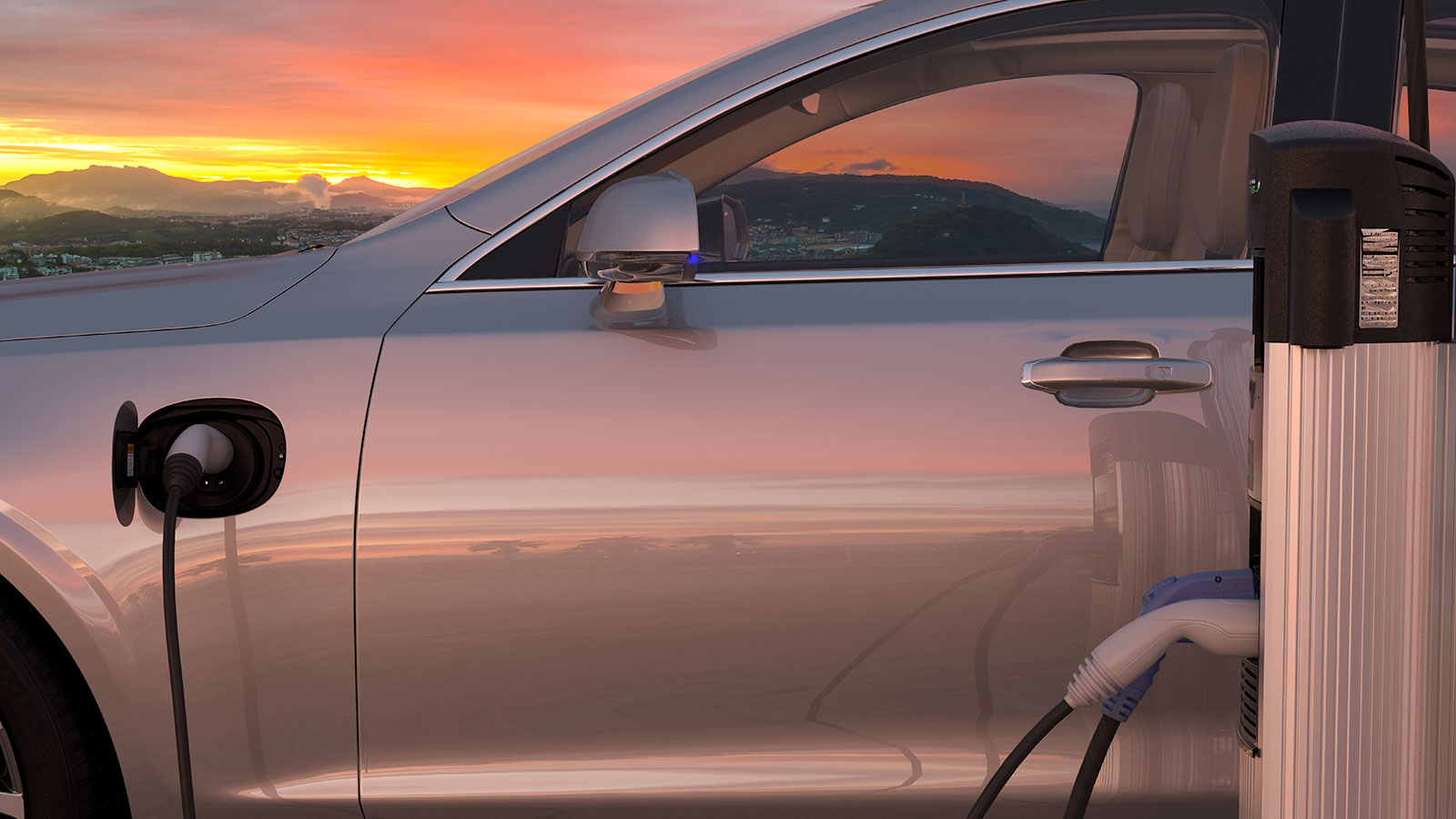As countries aim to spread out electricity demand to limit peaks and decarbonise production, should EV drivers be threatened with a stick or rewarded with carrots?
In the UK, there is currently a lot more carrot whilst in Sweden we are about to see a stick introduced. The result in Sweden, at least in the short term, could make so-called smart charging a degree dumber.
First the good news. In the UK EV drivers who charge at home are being tempted by an increasing number of smart energy tariffs from multiple electricity providers. Many such deals were pulled during the energy crisis, but they are increasingly back in play.
Most are based on a simple premise – cheaper electricity overnight, when total demand is low. Some providers’ tariffs offer four, five, six or seven hours each night at prices as low as 7p (£0.07) per kWh. One provider offers 7p per kWh anytime, if it’s charging an EV.
Another provider has a tracker tariff, where the cost can change every half hour depending on the wholesale price. If an EV driver schedules their charging carefully, with knowledge of how the wholesale price generally fluctuates at night, it could mean significant savings off their electricity bill.
And yet another provider is offering 8,000 miles of free EV charging if a specific home charger is installed. Some providers have their own apps, for instance to tell the supplier how much charge you want and the supplier then decides when to provide that charge to make it cheapest and greenest.
For EV drivers who cannot charge at home, smart charging is being introduced at some public charge points which can supply power at off-peak times and at off-peak prices.
So, a whole bag of carrots for UK EV drivers. And also for everybody, thanks to the first trials of demand flexibility initiatives which provide discounts off bills for those who opt in to use less electricity during peak demand periods, typically early evening.
Meanwhile, in Sweden, charging your EV at home at full speed was straightforward. Many used three-phase 16A (11kW) for charging. This allowed for quickly replenishing the car’s battery overnight or when it best suited your driving patterns. Smart charging with scheduling, for when electricity prices were lowest, became popular.
Now here comes the stick. Starting on September 1, a new pricing model that includes a power tariff will be introduced in parts of Sweden. Some areas have already implemented this. This fee is based on the average amount of power used during each one-hour period – the so-called power peak.
Instead of only paying for the total amount of electricity consumed, households must now also pay for how much electricity they use simultaneously. Power tariffs mean that you are financially penalised for high power peaks. For EV owners, this means that charging at high power (such as 11kW) can quickly lead to high costs.
But by re-evaluating home charging, there is still a carrot of spreading out electricity consumption throughout the day to reduce power peaks and lower the power fee. One of the most effective strategies is to charge the EV at a lower power over a longer period.
By charging with 4kW instead of 11kW, you can complete charging overnight without creating a power peak. (Why 4kW? That’s because 6A is normally the lowest an EV will accept, and three-phase 6A equals 4kW.) And you can also consider charging a little each night rather than doing all your charging on one or two nights a week.
Looking ahead, both for the UK and Sweden, there is a need for new algorithms for smarter charging. New applications could consider the car’s state of charge (SoC), how many kWh you need, slower charging power with a maximum kW, spot prices and other factors such as what time of day the car needs to be charged. This will require more sophisticated systems to optimise charging and keep simultaneous track of multiple variables.
Home battery storage and solar panels can already help smooth and reduce demand.


